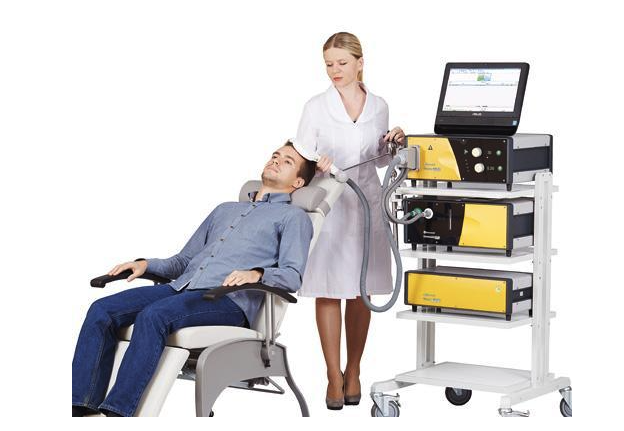
TMS Therapy
At our clinic, our primary goal is to deliver top-tier psychiatric care to our patients, fostering an environment of respect, patience, and compassion. Situated in Houston and San Antonio, TX, we provide a range of services including evaluation and management of Traumatic Brain Injury (TBI), and advanced treatments such as Transcranial Magnetic Stimulation (TMS) and esketamine therapy for depression. Through innovative technologies and interventions, we focus on addressing symptoms of treatment-resistant depression and various other mental health disorders.
Why TMS?
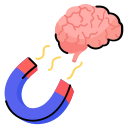
What is TMS?
TMS, or Transcranial Magnetic Stimulation, is a noninvasive form of brain stimulation that utilizes magnetic pulses to activate specific regions of the brain. It’s an FDA-approved treatment for major depression and other mental disorders. This method is beneficial for patients who have not responded to traditional medication, offering an alternative to managing their symptoms.

What TMS can do?
TMS can effectively alleviate symptoms of depression and other mental health conditions by stimulating dormant areas of the brain associated with mood regulation and cognition. Through a process called neuroplasticity, TMS induces structural and functional changes in the brain, leading to improvements in mood, energy levels, focus, and overall well-being.

What can our clinic do?
At TMS-heal, we specialize in providing TMS therapy as part of a comprehensive psychiatric care plan. Our goal is to offer top-tier treatment for individuals with treatment-resistant depression or those experiencing unwanted side effects from antidepressant medications in both Houston and San Antonio areas. We aim to improve our patients’ symptoms and overall quality of life through safe and effective interventions like TMS, tailored to meet their specific needs and goals. Click here to call us for an appointment today.
Conditions We Treat

Depression
For individuals grappling with severe depression, our clinic offers advanced treatment options such as transcranial magnetic stimulation (TMS).
Read More
Research has shown that TMS can be highly effective in alleviating symptoms of severe depression when traditional treatments like antidepressant medications have proven inadequate.

Obsessive-Compulsive Disorder (OCD)
Obsessive-compulsive disorder is a mental health condition characterized by persistent, intrusive thoughts (obsessions) and repetitive behaviors or rituals (compulsions).
Read More
Research suggests that TMS may help modulate neural circuits involved in OCD symptoms, offering a noninvasive and well-tolerated alternative for individuals who have not responded adequately to traditional therapies.
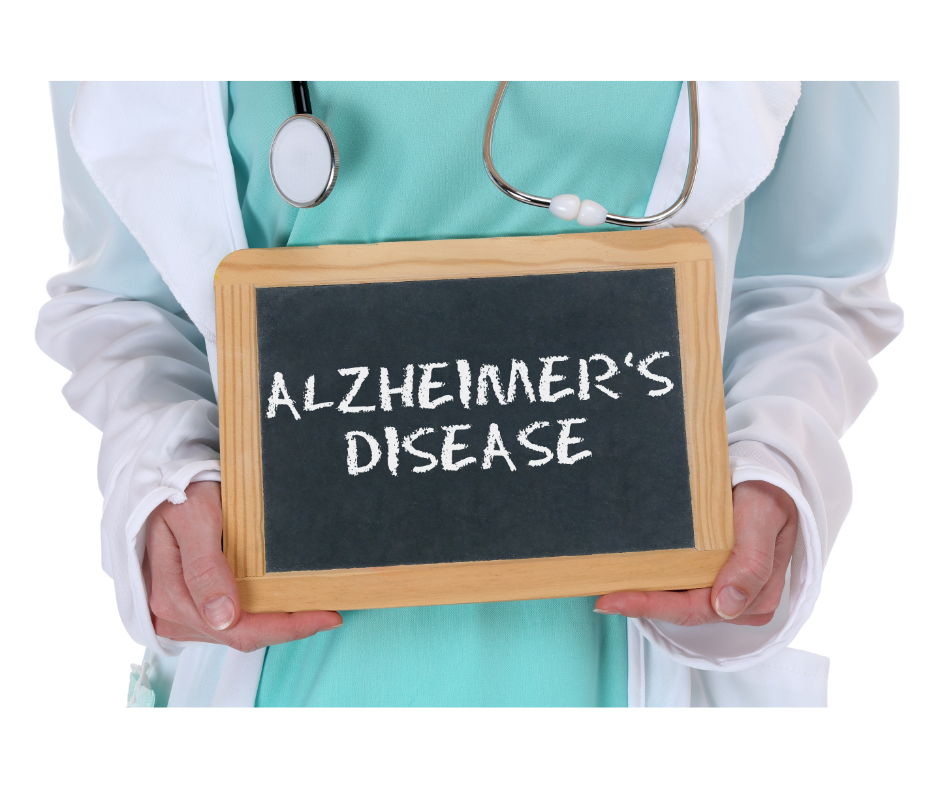
Alzheimer’s Disease
For individuals grappling with severe depression, our clinic offers advanced treatment options such as transcranial magnetic stimulation (TMS).
Read More
Research has shown that TMS can be highly effective in alleviating symptoms of severe depression when traditional treatments like antidepressant medications have proven inadequate.
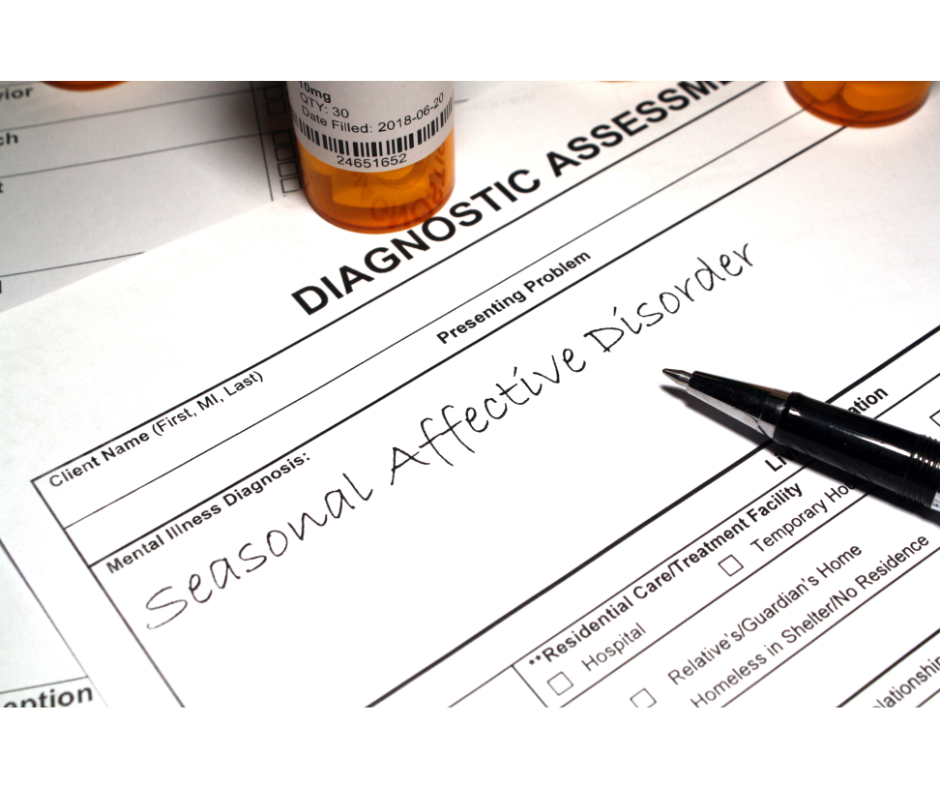
Affective Disorders
Affective disorders encompass a spectrum of conditions characterized by disturbances in mood, including bipolar disorder and major depressive disorder.
Read More
Transcranial magnetic stimulation (TMS) has emerged as a promising intervention for affective disorders, as it targets key areas of the brain associated with mood regulation. Through noninvasive brain stimulation, TMS can help rebalance neural circuits involved in mood disorders, leading to significant improvements in symptoms.

Parkinson’s Disease
Our clinic offers innovative treatment options, including transcranial magnetic stimulation (TMS), to support individuals living with Parkinson’s disease.
Read More
While TMS is primarily known for its use in psychiatric conditions, emerging research suggests its potential benefits in Parkinson’s disease management. TMS can target specific brain regions involved in motor function and may help alleviate symptoms such as tremors, rigidity, and bradykinesia.
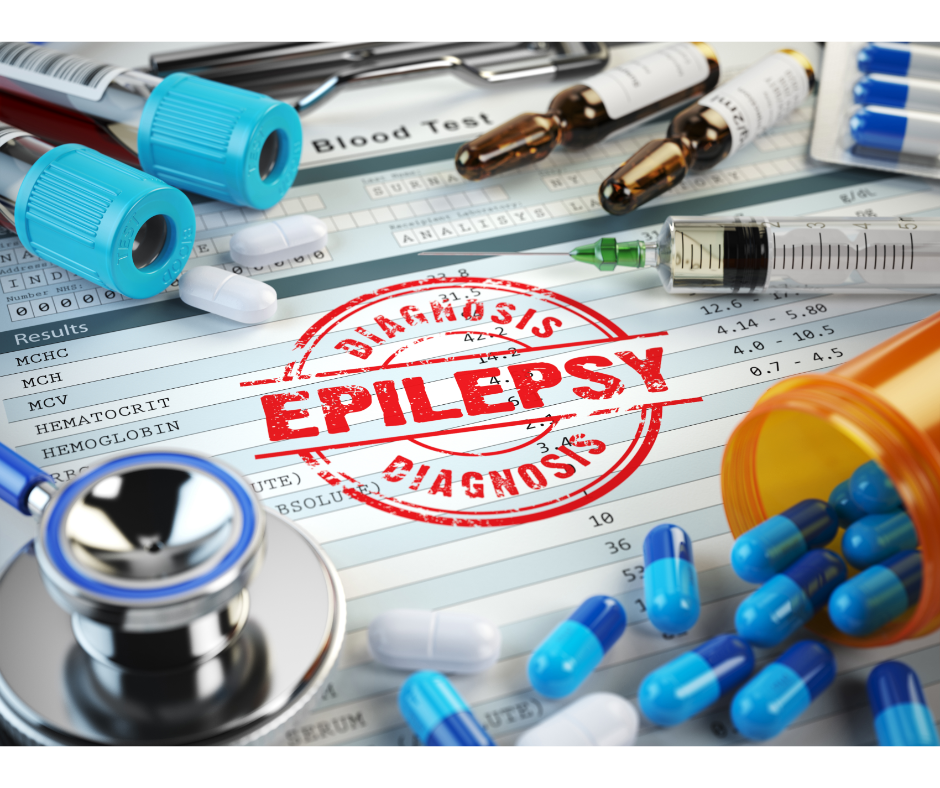
Epilepsy
Epilepsy is a neurological disorder characterized by recurrent seizures, which can vary widely in type and severity.
Read More
Managing epilepsy involves a combination of medication management, lifestyle modifications, and sometimes surgical interventions to control seizures and improve quality of life. there is growing interest in its potential as a therapeutic option for epilepsy. TMS works by delivering magnetic pulses to specific areas of the brain, which may modulate neural activity and potentially reduce seizure frequency or severity.

Autism Spectrum Disorder
Autism Spectrum Disorder is a developmental disorder characterized by challenges in social interaction, communication, and repetitive behaviors.
Read More
Managing ASD involves a multidisciplinary approach tailored to the individual’s unique needs, focusing on improving social skills, communication abilities, and overall quality of life. Research into TMS for ASD is still in its early stages, but preliminary studies suggest that TMS may have the potential to modulate neural circuits associated with ASD symptoms, such as social cognition and repetitive behaviors.

Multiple Sclerosis
Multiple sclerosis is a chronic autoimmune disease that affects the central nervous system, causing a range of symptoms including fatigue, muscle weakness, coordination problems, and cognitive impairment.
Read More
Managing MS requires a comprehensive approach that addresses symptom management, relapse prevention, and overall well-being. Research suggests that TMS may help modulate neural activity and promote neuroplasticity, which could potentially improve symptoms such as fatigue, motor dysfunction, and cognitive impairment in individuals with MS.

Tremor
Tremor refers to involuntary rhythmic movements of one or more parts of the body, which can significantly impact daily activities and quality of life.
Read More
Tremors can occur as a result of various underlying conditions, including neurological disorders, medication side effects, or metabolic abnormalities.
Research suggests that TMS may help modulate neural circuits involved in motor control, which could potentially reduce the severity or frequency of tremors in certain individuals.

Schizophrenia
Schizophrenia is a complex and chronic mental health disorder characterized by disturbances in thinking, perception, emotions, and behavior.
Read More
Symptoms of schizophrenia can include hallucinations, delusions, disorganized thinking, and impaired social functioning. Managing schizophrenia typically involves a combination of antipsychotic medications, psychosocial interventions, and support services. Research suggests that TMS may help modulate neural circuits associated with cognitive deficits and negative symptoms in schizophrenia, offering a novel approach to symptom management.

Chronic Pain
Chronic pain is persistent pain that lasts for weeks, months, or even years, and can significantly impact daily functioning and quality of life.
Read More
Transcranial magnetic stimulation (TMS) is gaining recognition as a potential treatment option for chronic pain. Research suggests that TMS may help modulate pain perception and improve pain management in certain individuals by targeting brain regions involved in pain processing.

Post-Stroke Rehabilitation
Post-stroke rehabilitation is a crucial aspect of recovery for individuals who have experienced a stroke.
Read More
Stroke rehabilitation aims to help patients regain lost abilities, improve functional independence, and enhance overall quality of life through a combination of therapies and interventions tailored to individual needs. Research suggests that TMS may help promote neuroplasticity and facilitate motor recovery by stimulating neural circuits involved in motor control and rehabilitation.
